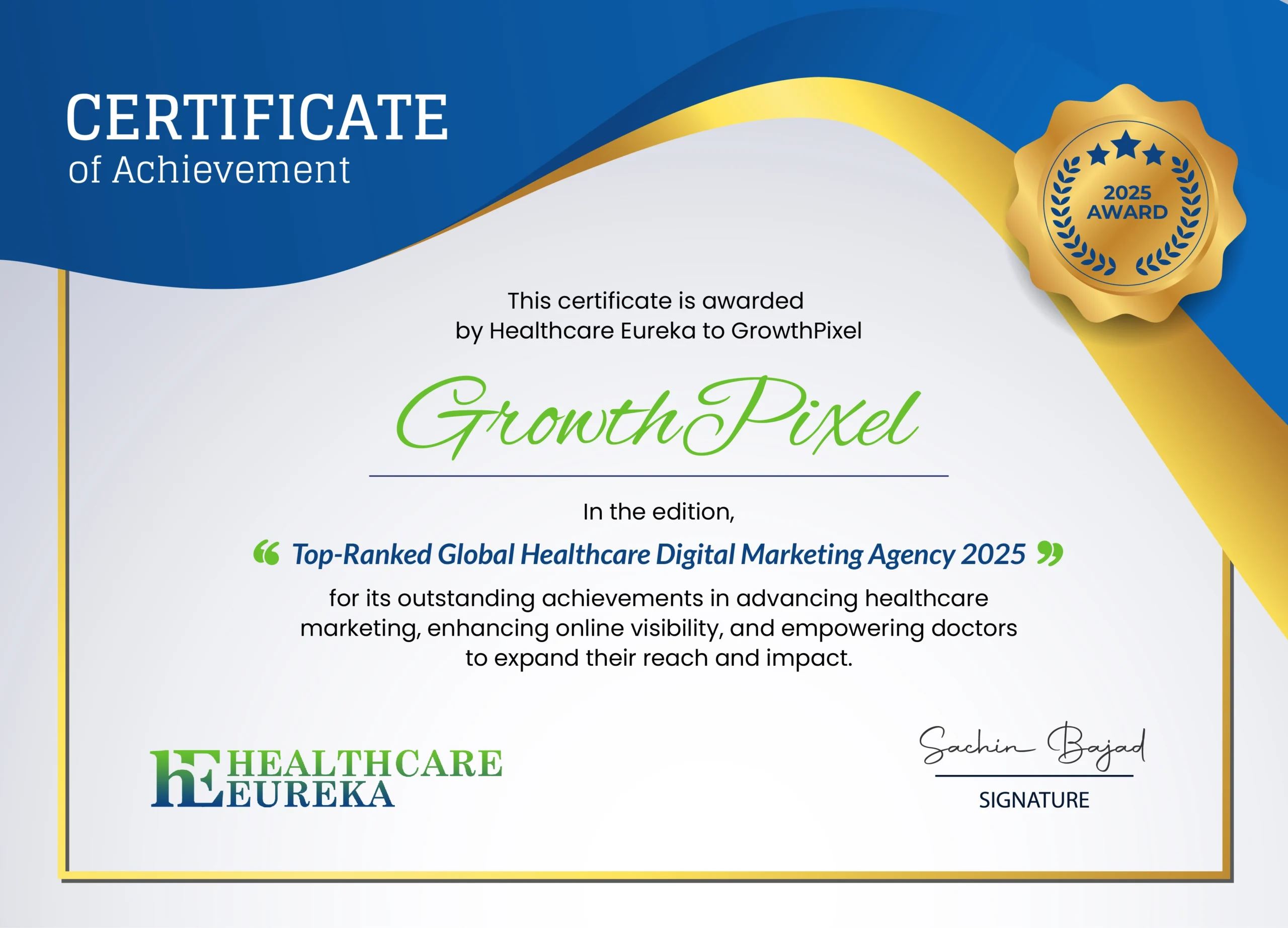Revolutionizing Healthcare: Navigating the Surge in Global Investment, Innovation, and Equity
In an era marked by rapid technological advancements and shifting global health paradigms, the healthcare industry stands at the forefront of unprecedented change. As nations grapple with emerging health threats and strive to deliver care in more effective and personalized ways, the global landscape of healthcare spending and investment is undergoing a significant transformation.
This article delves into the multifaceted dynamics fueling this surge, exploring cutting-edge developments in disease diagnosis and treatment, the acceleration of digital transformation, the shift towards home-based healthcare, and the critical challenges of addressing healthcare disparities and the impact of the COVID-19 pandemic on healthcare professionals.
Global Surge in Healthcare Spending and Investment
The healthcare industry is experiencing a surge in spending and investment worldwide. In the period between 2018 and 2022, global healthcare spending is estimated to have grown by over 40% to reach a staggering $12 trillion. Additionally, healthcare investments have reached record highs over the past few years with a focus on areas such as gene
immunotherapy, as well as the development of new mRNA vaccines for the treatment of diseases such as Zika and malaria.
Revolutionizing Disease Diagnosis and Treatment
In recent years, the field of disease diagnosis and treatment has witnessed remarkable progress. One of the most significant advancements in precision medicine is the use of biomarkers. These biomarkers enable the identification of specific genetic traits that can help diagnose and treat complex diseases like cancer. Another breakthrough that has revolutionized cancer detection is the advent of liquid biopsies. Unlike traditional biopsies, which require tissue samples, liquid biopsies use bodily fluids like blood to detect the genetic material released by cancer cells. This non-invasive approach to cancer diagnosis has the potential to improve patient outcomes and reduce healthcare costs.
Accelerating Digital Transformation in Healthcare
The pandemic has led to rapid digitalization across various sectors, including healthcare. In 2021, the healthcare industry saw a significant increase in digital investments, which nearly doubled to $57 billion, with a focus on telehealth and mental health. Tech companies are now placing more emphasis on healthcare, while digital health start-ups are also growing rapidly.
Furthermore, there is a growing interest in data, with better aggregation and analysis leading to more informed insights and potentially even disease modeling and prediction. Artificial intelligence (AI) is being utilized to support several areas, such as diagnosis, clinical decisions, monitoring, and treatment, and workflow. AI-assisted medical imaging is already in use, and many drug companies are exploring AI-assisted drug development.
The Rise of Home-Based Healthcar
We are becoming more aware of the significance and effectiveness of care services that are provided outside of hospitals, such as in homes and communities. In fact, the growth in spending on healthcare services provided at home is projected to exceed healthcare expenditure in almost all other areas. This investment will be utilized to enhance home diagnostics, home drug delivery systems and patient monitoring devices, among other things.
Addressing Healthcare Disparities
The COVID-19 pandemic has exposed significant disparities in healthcare coverage, particularly impacting women, children, and adolescents. Low- and middle-income countries have been particularly affected by the disruptions to essential healthcare services. It is important to focus on closing these gaps in future healthcare provision and making healthcare affordable and accessible to all.
The Impact of COVID-19 on Healthcare Professionals
The COVID-19 pandemic has had a significant impact on healthcare professionals, who were already stressed and overworked. Mental health issues and burnout have worsened, forcing many professionals to leave the healthcare sector, leading to reduced recruitment. The consequences of this are still being felt, and pressure within the healthcare system is only compounding the problem, making it difficult to alleviate for many.
Global Challenges and Their Impact on Healthcare
The challenges that affect the world at large have an impact on our healthcare system as well. Geopolitical tensions, rising energy prices, inflation, and supply chain problems all contribute to increased costs and difficulties for the healthcare system. At the same time, environmental worries and the climate crisis are worsening many health conditions and the occurrence of some diseases, and creatinga sustainability issues for the sector.
Conclusion
The landscape of global healthcare is evolving at a pace and scale previously unimaginable, driven by a combination of technological innovation, investment surges, and the imperatives of addressing deep-seated disparities and global challenges. As we reflect on the significant strides made in disease diagnosis, digital health, and patient-centric care models, it’s clear that the journey towards a more inclusive, efficient, and advanced healthcare ecosystem is fraught with complexities yet ripe with opportunities.
The COVID-19 pandemic, in particular, has underscored the urgency of bolstering healthcare infrastructures and has highlighted the resilience and adaptability of healthcare professionals in the face of adversity. Looking ahead, the global community must continue to foster collaboration, innovation, and equity in healthcare provision, ensuring that the advancements of today pave the way for a healthier, more accessible, and sustainable tomorrow.
Latest Article
-
 Angiography Cost in Mumbai | Types, Factors & Price Estimates for 2025Article
Angiography Cost in Mumbai | Types, Factors & Price Estimates for 2025Article -
 5 Best Eye Hospitals in Navi Mumbai (2025 Review)Article
5 Best Eye Hospitals in Navi Mumbai (2025 Review)Article -
 NurExone Biologics: Architects of Tomorrow’s Regenerative Medicine BreakthroughsArticle
NurExone Biologics: Architects of Tomorrow’s Regenerative Medicine BreakthroughsArticle -
 GrowthPixel Earns Global Crown: Named Top-Ranked Healthcare Digital Marketing Agency 2025Article
GrowthPixel Earns Global Crown: Named Top-Ranked Healthcare Digital Marketing Agency 2025Article -
 Top 5 IVF specialists in Aurangabad/ Chh SambhajinagarArticle
Top 5 IVF specialists in Aurangabad/ Chh SambhajinagarArticle
